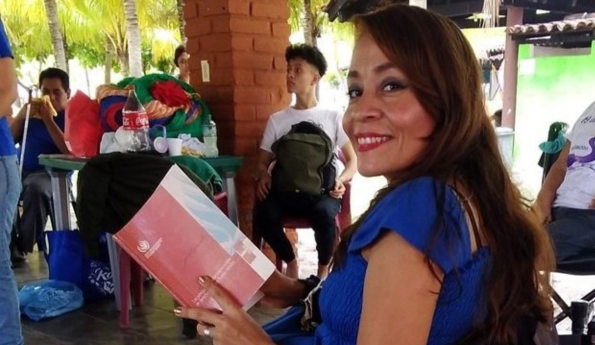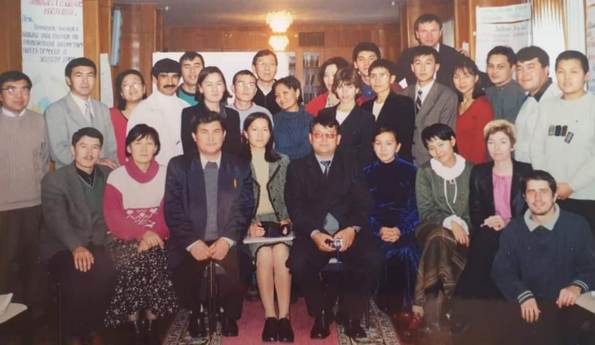Counterpart International’s Gender Working Group interviewed Counterpart staff members to find out their views on the importance of a focus on gender in implementing programs.
Q: Why do you think it’s important to recognize the International Women’s Day?
Anna: While I think women should be appreciated every single day of the year the International Women’s Day serves as a reoccurring awareness raising day, a reminder to express our appreciation of women in our lives and around the world that we sometimes take for granted.
Harris: I think as a global community it is important to have that one day where we reflect on the accomplishments and current work and needs toward women’s rights. That being said, I think it’s equally and perhaps more important to recognize, EVERY DAY, the lack of rights being granted to minority groups including women.
Kelly: I think that it is important to recognize the International Women’s Day because it is a great opportunity to recognize and celebrate women’s achievements and draw attention to challenges women continue to face around the world today.
Q: What is distinct about the work at Counterpart around gender equality? Is there something you are most proud about of the work Counterpart is doing?
Anna: Counterpart’s gender mainstreaming approach that is a reoccurring thread throughout all our projects. We don’t only address gender equality in the project with gender components but rather use gender equality as a methodology embedded in all our activities and projects.
Harris: In the program I work on, the Afghan Civic Engagement Program engages women and men in talking about and implementing gender equality through trainings and workshops offered to Counterpart Afghanistan’s 14 local partners and interested participants. The ACEP project has also built upon the network of women-led and women-focused organizations to solidify their relationships and enhance their collective bargaining power to advance policies that improve women’s rights.
Kelly: In Azerbaijan, I am really proud of the work that Counterpart has done to promote women’s leadership by training female candidates and developing their confidence.
Q: What do you want others to know about why gender equality is so important in development work?
Anna: Not only is gender equality at the very heart of human rights, it is also imperative for socio-economic development. Women’s right and ability to work not only addresses the gender equality but it also helps the household’s income and improves lives.
Harris: Gender equality is so important in development work because it serves as a mechanism to address, elevate, and resolve the historical inequalities between and among genders in a society. Addressing gender equality brings all of us closer to genuine respect.
Kelly: Throughout the world a person’s gender can have a significant impact on access to resources, education, and employment opportunities. It can also impact their ability to fully participate in their communities and governments. We have to consider how gender inequality negatively impacts development and what activities and interventions we can employ to help spur development and improve gender equality.
Q: What do you think is the most misunderstood aspect of gender and women’s role in development?
Anna: Gender equality is usually mistaken for solely women’s rights. It is equally important to train/educate the men/boys and women/girls. It’s a long and slow process of changing mindsets of individuals and society at large, cultural and religious practices and believes. Unfortunately, even in some of the most developed countries gender equality is just lip service.
Harris: There is not one blueprint of gender equality or women’s roles in development that fits every landscape, country, or culture. A lot of dialogue is needed to first understand the context in which gender equality will be implemented, developing the relationships and exchange of knowledge to facilitate this transition, and then working alongside those that have a vested interest to build a blueprint that contains the voices of the women AND men who are pursing the full implementation of gender equality.
Kelly: People often hear gender and think that development organizations are only working with women to improve gender equality, but it is just as important to engage men in these activities.




